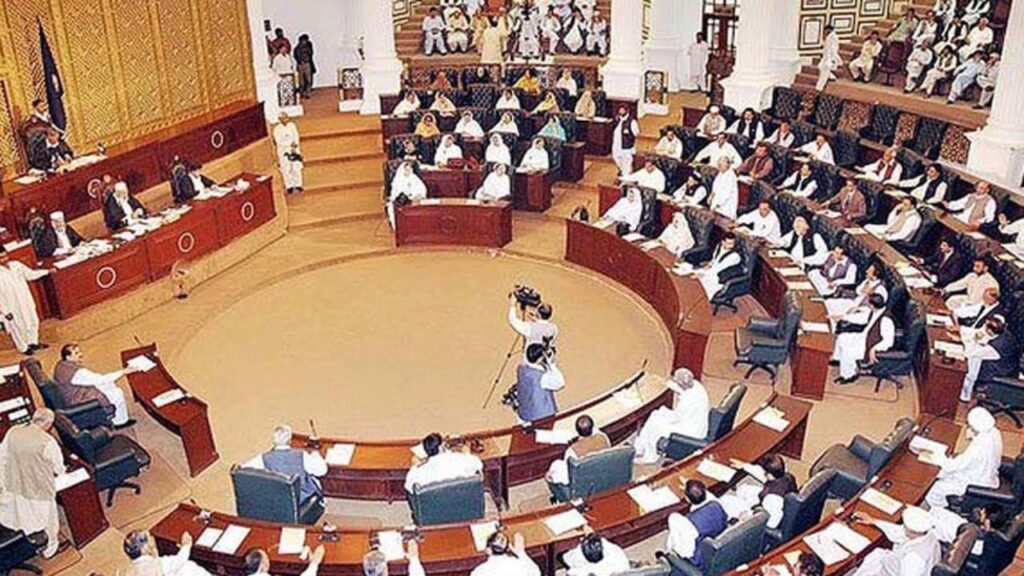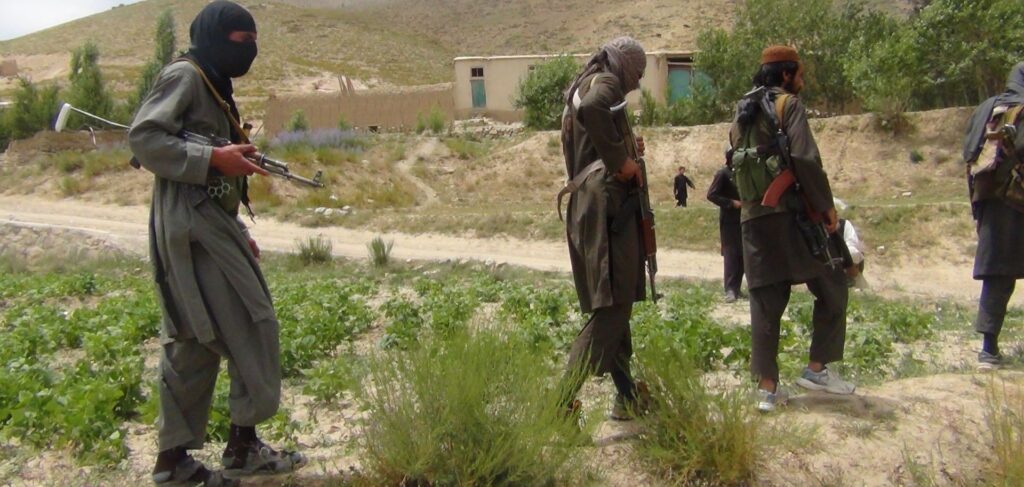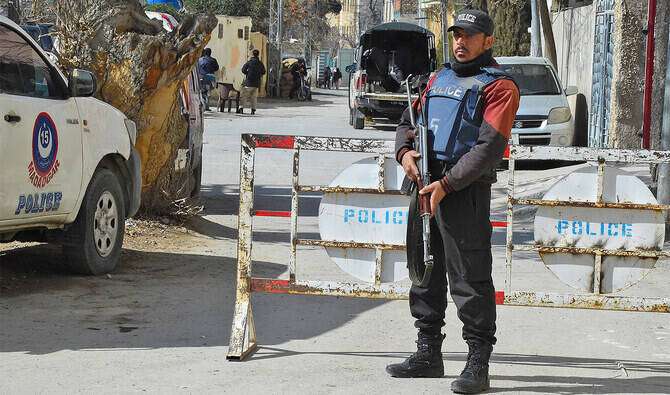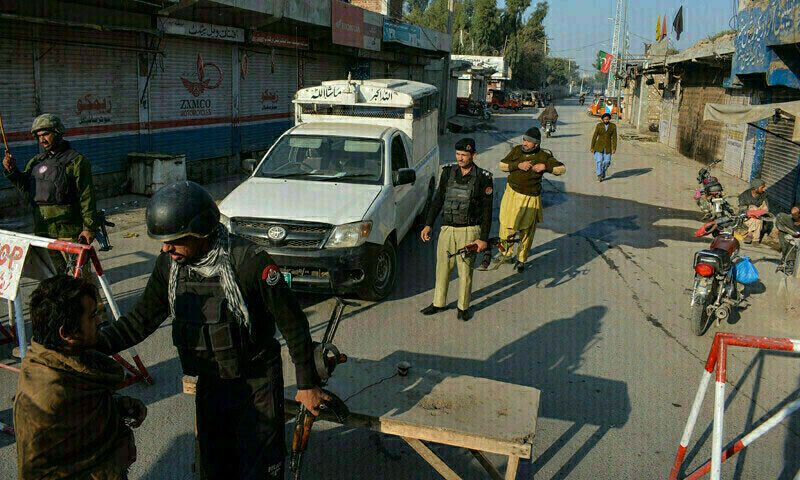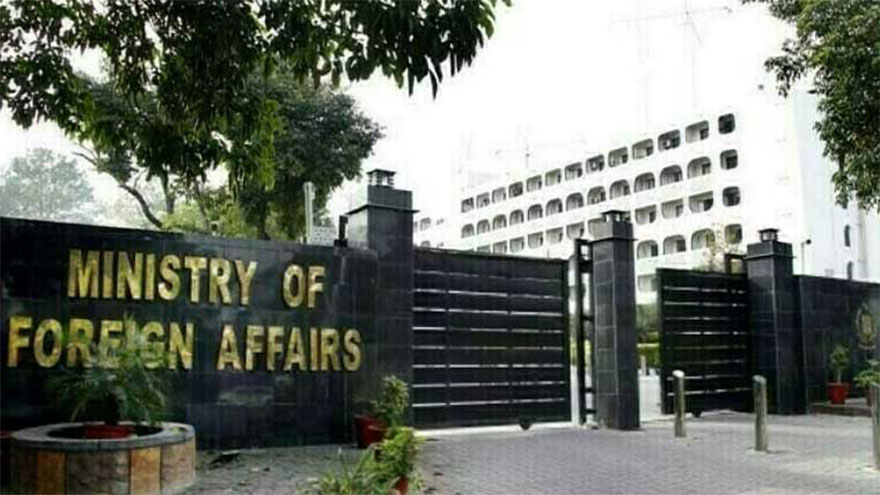by Riaz Hussain
The Khyber Pakhtunkhwa (KP) Assembly on Monday unanimously passed a resolution against the controversial Action in Aid of Civil Power Regulations 2011 (AACP), declaring it unconstitutional, undemocratic, and a violation of fundamental human rights. The house urged the federal government to immediately withdraw the regulations.
The resolution, adopted under suspension of rules, received rare cross-party support from both treasury and opposition benches. Lawmakers emphasized that emergency-style laws had no place in a province governed under Pakistan’s constitutional framework.
Background & Legal Timeline
The AACP was introduced in 2011 to counter militancy in the former FATA and PATA regions. It granted sweeping powers to the military, including arrest without warrant and indefinite detention in internment centers. Human rights groups consistently criticized the regulations as providing legal cover for enforced disappearances and blanket immunity for security forces.
• 2019 – PHC Ruling: The Peshawar High Court (PHC) declared the 2011 regulations and 2019 Ordinance unconstitutional, directing that internment centers be treated as “sub-jails.”
• 2019 – Appeals: The KP and federal governments challenged the verdict in the Supreme Court, which suspended the PHC ruling and referred the case to a larger bench.
• 2019–2025: The case remains pending, with no final judgment.
• September 2025 – KP Assembly: Resolution passed against AACP, urging withdrawal of appeals.
Legal Experts Call for Direct Action
Advocate Shabir Hussain Gigyani told Khabar Kada that a mere resolution was not enough.
“There is no need for a resolution to repeal this law. If the KP government simply withdraws its appeal from the Supreme Court, the regulations will become null and void. All internment centers and check posts in Khyber Pakhtunkhwa would then be abolished, provided the government genuinely intends to end this matter rather than prolonging it,” he added.
Similarly, Akbar Khan, provincial chief of the Human Rights Commission of Pakistan (HRCP), called the move welcome but long overdue.
“After the 25th Constitutional Amendment, the PTI government extended this law to the entire province. Later, Justice Waqar Ahmad Seth of the Peshawar High Court struck it down, but the KP government challenged the verdict in the Supreme Court. The Assembly itself has the authority to repeal it. I hope the supremacy of the Constitution will ultimately prevail,” he added.
Former General Secretary of Takhtbhai Bar Council, Advocate Haq Nawaz Khan, stressed the collective responsibility of political parties.
“It is the duty of all political parties to oppose such oppressive laws before they are turned against them. The PTI government itself extended these regulations to settled areas, but now that the same law is being used against their workers, they want it repealed. Still, it is a positive development to undo laws that violate the Constitution and fundamental rights,” Khan said.
Security Perspective
While many demanded repeal, some legal experts warned against ignoring the security rationale. Advocate Syed Kamal Shah said the law was originally designed to counter terrorism.
“Khyber Pakhtunkhwa has been facing repeated terrorist attacks, with security forces embracing martyrdom. A law is necessary to curb such heinous crimes and to protect innocent people. But it must not be misused against political workers or applied beyond the fight against terrorism,” he said.
Political Criticism
Political observers pointed out contradictions in party positions. Journalist Irfan Khan called PTI’s positions ‘ironic’.
“It is ironic that PTI lawmakers, whose party extended the AACP during its own tenure, are now demanding its repeal. This is sheer political inconsistency,” he added.
Special Assistant to the Chief Minister on Communication and Works, Suhail Afridi, also admitted on the Assembly floor that PTI leaders and workers had themselves suffered from state-sponsored violence and imprisonment under such laws.
What’s Next?
The future of the AACP now rests with the Supreme Court’s pending decision. Analysts note that if the KP government withdraws its appeal in line with the Assembly’s resolution, it would mark the province’s formal rejection of the regulations. However, since federal appeals remain pending, the final outcome lies with the apex court.

